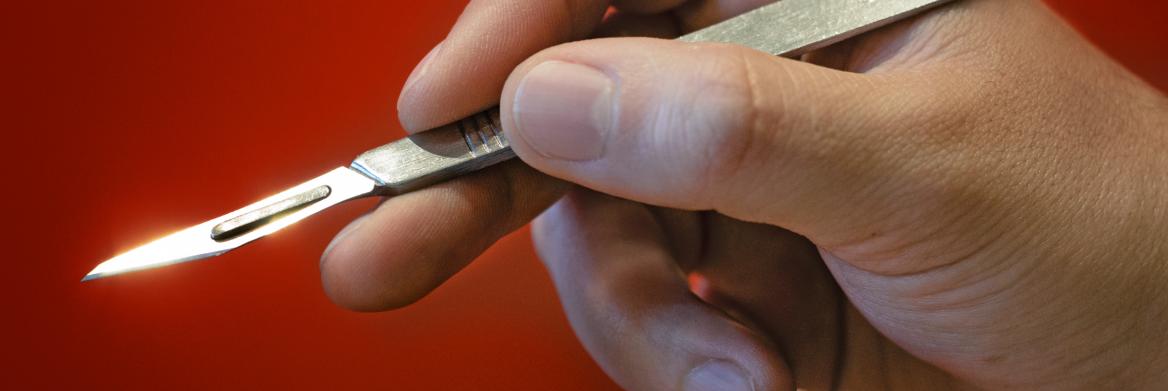There are far more people in the world in need of a new organ than there are organs available. Like in any market where a dollar can be made because demand far outweighs supply, people can turn to the black market to find what they need. When a person's life is on the line, the will to survive may override morals. The following facts depict the seedy underbelly of organ trafficking.
- The United Nations Global Initiative to Fight Human Trafficking (UN GIFT) says the organ trade occurs in three broad categories: traffickers who force or deceive victims to give up an organ, those who sell their organs out of financial desperation, often only receiving a fraction of the profit or are cheated out of the money altogether and victims who are duped into believing they need an operation and the organ is removed without the victim's knowledge.
- Organ trafficking is considered an organized crime with a host of offenders, including the recruiters who identify the vulnerable person, the transporter, the staff of the hospital or clinic and other medical centres, the medical professionals themselves who perform the surgery, the middleman and contractors, the buyers and the banks that store the organs.
- And according to the UN GIFT, it's a fact that the entire ring is rarely exposed.
- A World Health Assembly resolution adopted in 2004 urges Member States to "take measures to protect the poorest and vulnerable groups from 'transplant tourism' and the sale of tissues' and organs.
- "Transplant tourism" is the most common way to trade organs across national borders. These recipients travel abroad to undergo organ transplants (WHO Bulletin). There are websites that offer all-inclusive transplant packages, like a kidney transplant that ranges from US$70,000 to US$160,000.
- There's no law in Canada banning Canadians from taking part in transplant tourism — travelling abroad and purchasing organs for transplantation and returning home to Canada.
- According to the World Health Organization (WHO), one out of 10 organ transplants involves a trafficked human organ, which amounts to about 10,000 a year.
- While kidneys are the most commonly traded organ, hearts, livers, lungs, pancreases, corneas and human tissue are also illegally traded.
- In a recent report, Global Financial Integrity says that illegal organ trade is on the rise, and it estimates that it generates profits between $600 million and $1.2 billion per year with a span over many countries.
- In Iran, the only country where organ trade is legal, organ sales are closely monitored and the practice has eliminated the wait list for kidney transplants and has provided an increase in post-mortem organ donations, which aren't remunerated in Iran.
- A Harvard College study says donors come from impoverished nations, like countries in South America, Asia and Africa, while recipients are from countries like Canada, the United States, Australia, the United Kingdom, Israel and Japan.
- According to research out of Michigan State University that looked at the black market for human organs in Bangladesh, the average quoted rate for a kidney was US$1,400 but has dropped because of the abundant supply.
- In Bangladesh, the trade is propelled by poverty, where 78 per cent of residents live on less than $2 a day. They give their organs to pay off loans and take care of their families. If they received the money at all, it disappears quickly and they are often left sick and unable to work after the operations.
- The Voluntary Health Association of India estimates about 2,000 Indians sell a kidney every year.
- Given that the organ trade is often a transnational crime, international law enforcers must co-operate across borders to address the crimes.
—Compiled by Deidre Seiden
